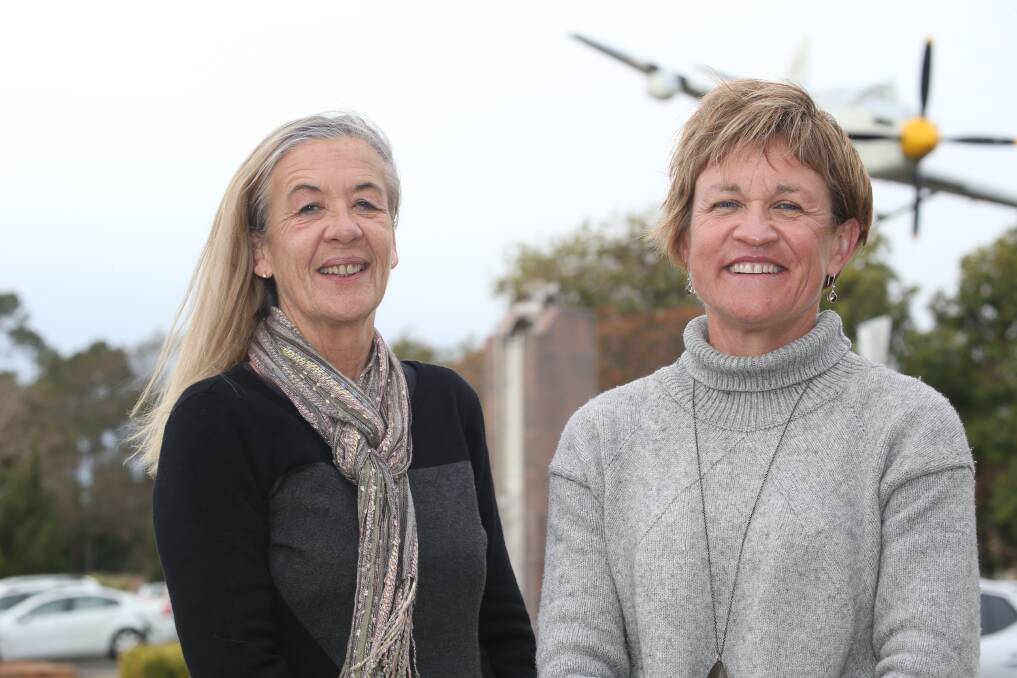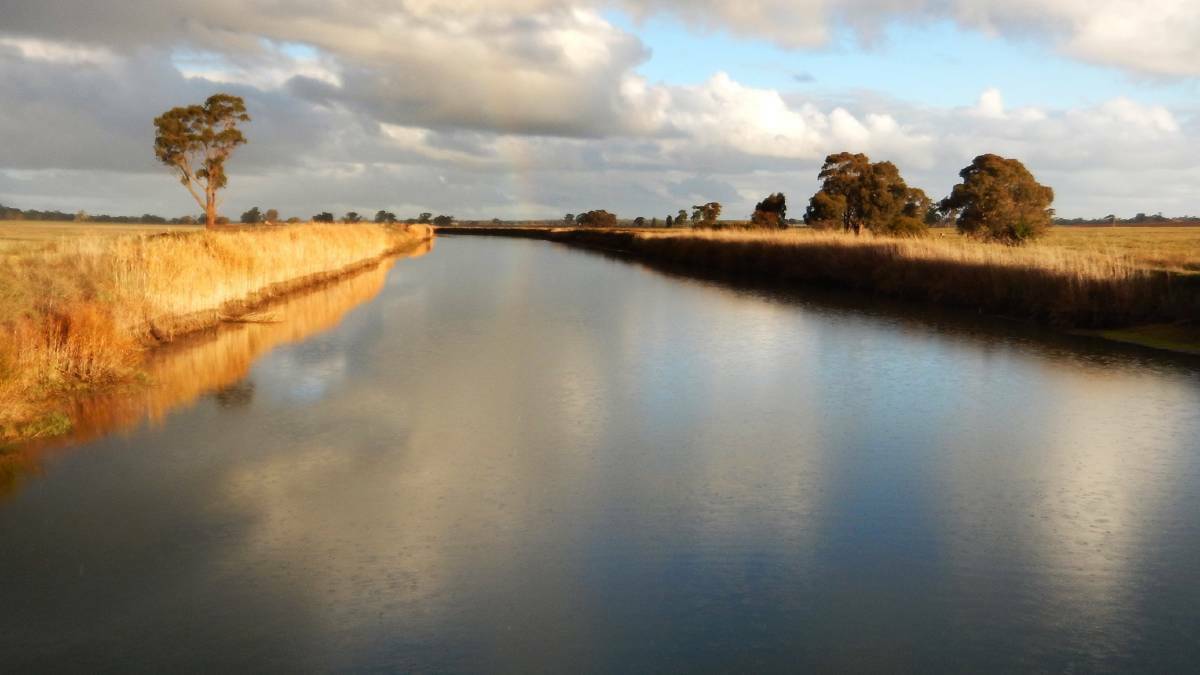Farmers are adaptive to seasonal and market variability.
Subscribe now for unlimited access.
$0/
(min cost $0)
or signup to continue reading

Coping with changing prices and weather events is second nature but trying to manage increasingly complicated water policy is creating stress and frustration.
During winter, we nervously await the opening water allocations (Available Water Determination).
The decisions for ground preparation, ordering of chemical and fertilizer and extra efficiency measures have to be made well in advance of the optimum planting time.
To enhance low starting allocations, General Security irrigators are increasingly advised to go into the market and purchase carryover.
The belief carryover is an acceptable substitute for inadequate starting allocations is highly questionable.
Contrary to the original sound purposes behind carry over, water is now purchased in autumn, often at inflated prices, so that farmers can secure some consistency in production.
State government needs to recognise that irrigators have a water entitlement that they pay for every single year.
As responsible paying customers, they reasonably expect this to be allocated appropriately in an optimum timeframe.
The extra commitments via the Murray Darling Basin Plan, the ridiculously overly conservative approach to allocation announcements and the significant changes to carry over rules in 2008 have all created serious roadblocks and confusion for our farmers.
Low starting allocations then permeate through as local businesses and community services are negatively affected by reduced local spending and population numbers.
The lack of clarity in water allocations needs to be addressed, particularly when the dam percentages are good.

The rules and regulations operating in the southern connected system are highly confusing as governments, state and federal, continue on their ‘water reform’ quest to deliberately impede general security allocations in order to ‘cover off’ on all other priorities and keep themselves 100 per cent risk free.
A full bank environmental flow down the Murrumbidgee was recently released from Burrinjuck Dam after five months of excessive flooding in 2016.
Nature, the State and Commonwealth Governments are all duplicating environmental flows to the point where the natural, Australian ‘boom bust’ ephemeral system is not operating.
The Aussie ideology of a fair go is severely wanting as communities endeavor to navigate through the complicated minefield of state and federal water policy.
However, just because it has all become so complicated isn’t a good reason to not work towards sensibly rationalizing and streamlining water management.

